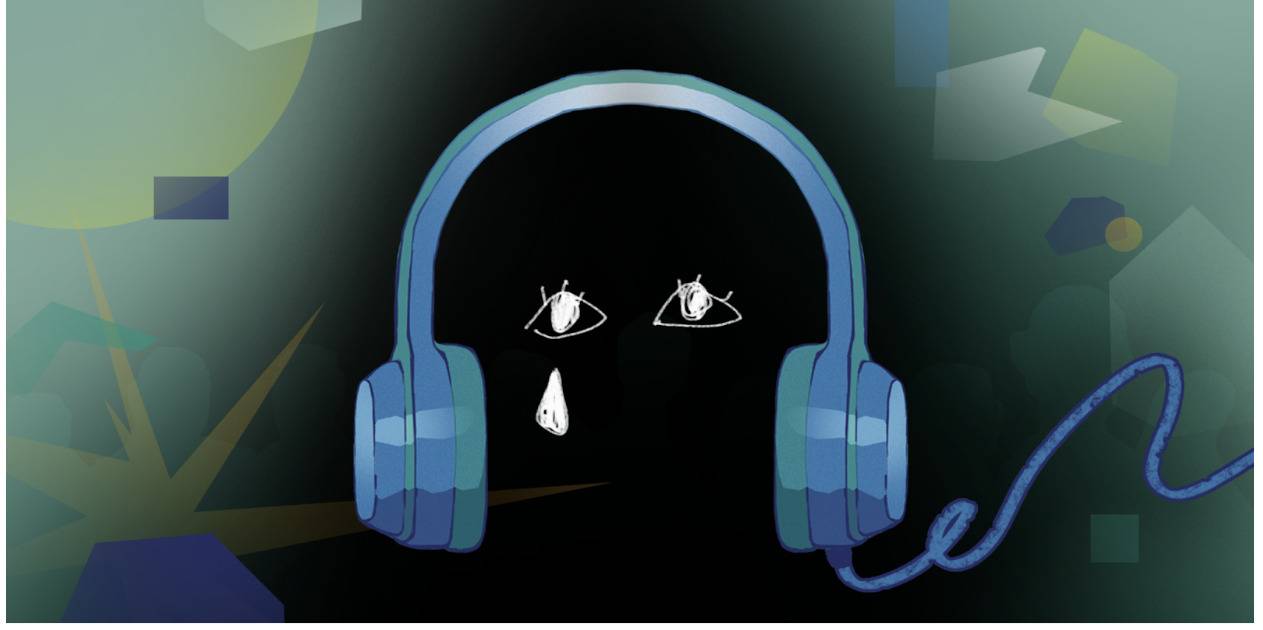In 2011, despite security warnings that designated the area a red zone, I visited the Festival in the Desert, an annual festival of Malian music held in the northern Sahara, outside the city of Timbuktu. At that time travel warnings suggested that the area was plagued by low security and tourists were likely to be kidnapped. The festival took place without any incidents involving international or local visitors. Musicians travelled from across the country and the world, cultivating a sense of peace, openness, and downright funky blues in the middle of the desert.
In 2013, the festival was cancelled for the first time in twelve years, as the “security issues” that have increasingly caused concern over the years launched into a full-blown civil war. Since March of last year, the northern half of the country has been under the control of a fundamentalist organization, the Ansar ud-Din, which has thrown the region into violent conflict and banned all music.
In Mali, a country of diverse ethnic groups and powerful musical traditions, music is more than entertainment. Music plays an important role as a potential source for mediation and a site of political comment and contestation. Although there are many festivals in the country that celebrate the diversity of Mali’s musical traditions, the Festival in the Desert was set up by Tuaregs, founded and organized by the musical group Tinariwen and their manager Manny Ansar to celebrate the peace that followed the conflicts and rebellions of the 1990s.
The complicated political scenario in northern Mali is worth understanding; many media sources gloss over the issues as due to either Tuareg rebel insurgents fighting for an independent state of Azawad (the Saharan region of Mali) or invading Islamists. The arid desert region in the north that makes up roughly 50% of the country’s landmass has been subject to political troubles since post-colonial demarcation. The lines drawn in 1960 divided the governments that officially rule over the Kel Tamashek (Tamashek speaking people) and the nomads of the Sahara, popularly known as the Tuareg. This issue has been at the root of several rebellions in Mali as the Tuaregs have struggled to maintain their language and culture in this developing multi-ethnic nation.
The proponents for an independent northern Mali have many sub-factions, and most are not religious. This fracturing has contributed to the failures of the independence movement in the past. The relative success of the rebellion this time is in part due to an influx of arms made available from the recent change of government in Libya, the continuing buildup of tension amongst Tuareg rebel groups and the central government in Bamako, and the alliance of AQIM (Al Qaeda of the Islamic Maghreb) facilitated by Iyad Ag Ghali, the former leader of the Mouvement Populaire de l’Azawad.
Since the end of January 2012, the northern section of the country has been controlled by a combination of Tuareg secessionists, The National Movement for the Liberation of Azawad (MNLA), AQIM, and Ansar Ud-Dine (Defenders of the Faith), led by the now extremely fundamentalist Iyad Ag Ghali.
The general lack of security in the region led to a lawlessness troubling for its otherwise peaceful inhabitants. Terrorist groups and international drug traffickers were able to travel unimpeded, while the government offered little protection for local villages. In March 2012, the central government in Bamako was taken down in a coup by its own military in reaction to the poor management of the northern situation.
On March 30, 2012, Ansar ud-Din instituted Shariah law over the entire north of Mali. Although Timbuktu is an ancient center of Islamic learning, this type of fundamentalism is foreign to the culture in this area. Referring to particular Muslim medieval theologians who condemned all music that could possibly incite lustful thinking, all “Western” music was immediately banned. “Western” in this context includes any electric instruments and tunes with a regular rhythm. The Timbuktu desert blues style includes electric guitar and amplified calabash. Local musicians have had their instruments doused in petrol and burned. The Timbuktu radio station was raided and its collection of local cassette recordings were destroyed. The Ansar Ud-dine even confiscated the SIM cards out of mobile phones that played musical ringtones.






















